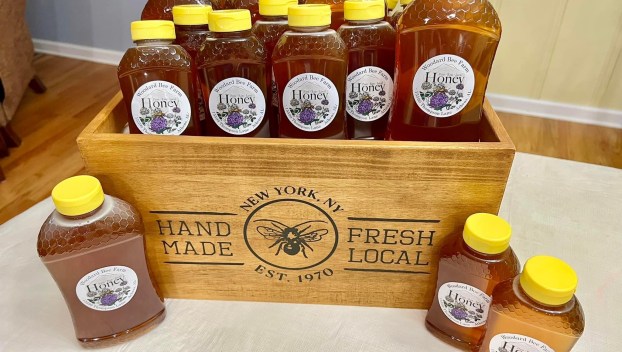
Columns
ACES: Attracting pollinators
Pollination is something that people often take for granted, but it is a vital component to growing plants ... Read more

Pollination is something that people often take for granted, but it is a vital component to growing plants ... Read more

Gary Woodard of Woodard Bee Farm reminds people the importance of honeybees and other pollinators to society and ... Read more

Gary Woodard has operated the Woodard Bee Farm for three years, along with his wife Lorrie. Woodard’s interest ... Read more
The secret is out! Gardeners and their botanicals are the new trend-setters! I was recently flipping through a ... Read more

It’s been several years in the making, but the newest feature at the Athens-Limestone County Public Library will ... Read more
Imagine a world without almonds, apples, apricots, avocados, bananas, blackberries, blueberries, cashews, cherries, chocolate, coconuts, coffee, cranberries, figs, ... Read more
DECATUR — Cook Museum of Natural Science in Decatur is hosting Butterflies & Friends Fun Day 10 a.m.–3 ... Read more
CONCORD, N.H. (AP) — More than a dozen wild bee species critical to pollinating everything from blueberries to ... Read more
It may be hard to believe, but Alabama is home to dozens of varieties of bees. And despite ... Read more

Q. I want to include herbs in my garden and need to know more about requirements for growing ... Read more